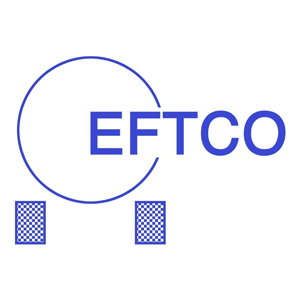Cefic members ‘pushed capacity limits’ during COVID-19 emergency
The increase in production of critical supplies included disinfectants, diagnostic tests, ventilators, protective masks, gloves and gowns, intensive care unit medicines and equipment and protective clothing during the pandemic.
He said: “The COVID-19 outbreak has affected us all in one way or another. It has disrupted the way the EU institutions, governments and companies all across the world operate. Times like these require a pro-active, flexible and innovative approach.”
Understanding the responsibility in this unprecedented crisis, Cefic’s members pushed their capacity limits to meet the increase in demand for essential supplies in the countries where they operate.
“The European chemical industry did not stop at increasing essential supplies,” Ferrari continued. “Our members went on to shift production lines, donate supplies or funds and invest in research for coronavirus testing.”
To shift production processes to adapt to the new needs, some members set up emergency production lines, built new plants, or formed new alliances.
For instance, in Ireland biopharma and chemical companies formed a COVID Alliance collaborating with local engineering and construction companies in order to support healthcare facilities.
In Spain and Italy, chemical companies supported hospitals ensuring a regular supply of new resources or to set up emergency rooms with medical equipment, devoted to infectious diseases. In Germany, a special platform was created to allow partnerships between hospitals and producers to be formed to simplify the supply of much needed disinfectants.
In many cases the increased supply of essential products have been donated to authorities, hospitals, pharmacies, humanitarian organisations and others free of charge.
Companies that could not donate in the form of supplies donated funds to hospitals, charitable organisations or research. Other donations included fuel vouchers for emergency service vehicles and medical workers, and free food or drinks for health-care professionals, truck drivers and the delivery people who are vital to maintaining supplies.
And there were more examples of the industry collaborating to fight COVID19; a consortium of Finnish companies started a project aimed at almost doubling the number of coronavirus tests in Finland.
In Switzerland, a chemical company donated hydroxychloroquine. Hydroxychloroquine and a related drug, chloroquine, are under evaluation in clinical trials for the treatment of COVID-19.
“All this to say that – as an industry – we understand the crucial role we play and we are more than willing to provide solutions in times of crises”, concluded Ferrari.





